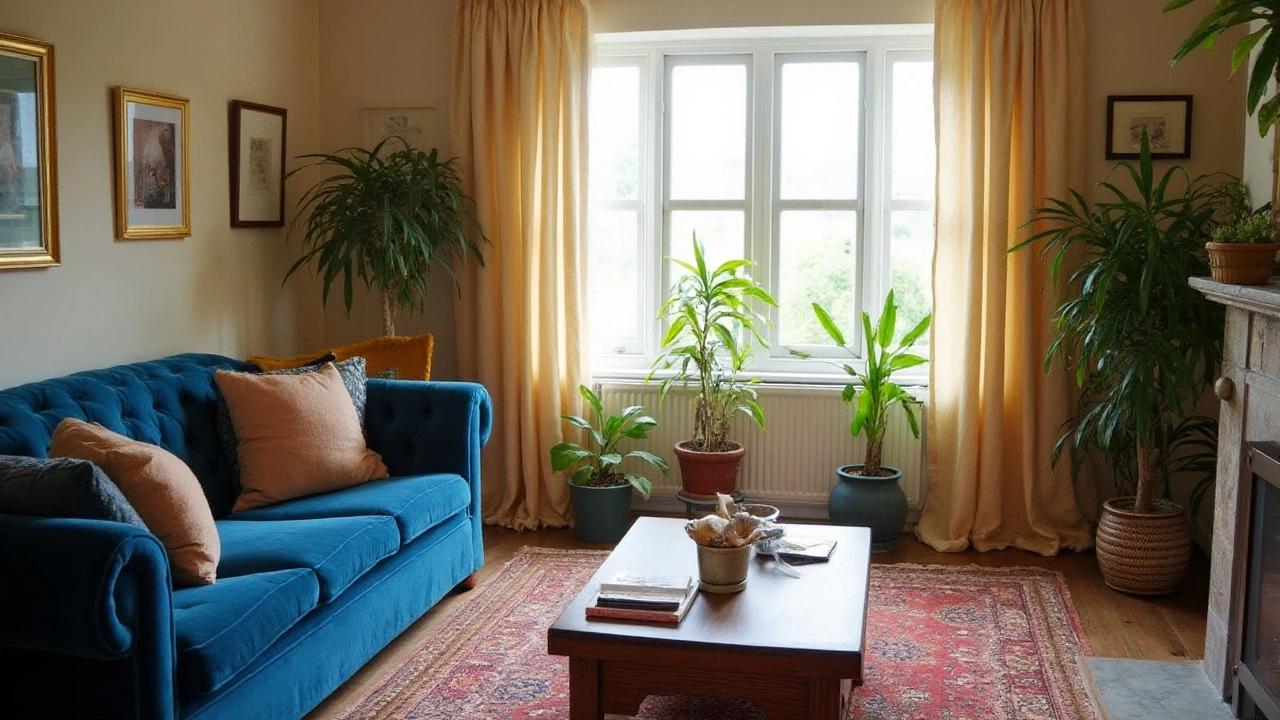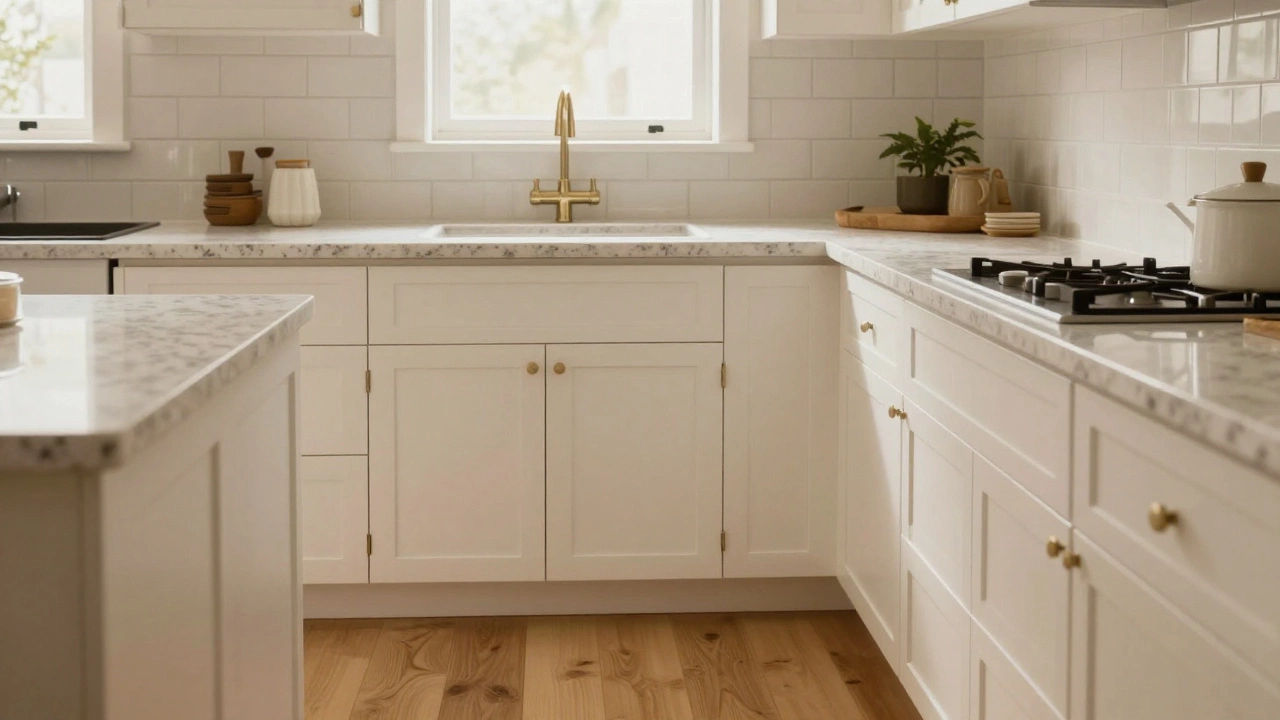How to Pick the Right Couch Color for Your Space
Choosing a couch color can feel overwhelming, but it doesn’t have to be. Think of your sofa as the anchor of the room – the hue you pick sets the mood for everything else. Start by looking at the wall color, flooring, and the dominant accents you already have. If those pieces are neutral, you have room to play with bold shades; if they’re already colorful, a softer tone will keep the space balanced.
Match or Contrast? Simple Rules
Most people ask, "Should my couch match the walls?" The short answer: no, not exactly. Matching too closely can make a room look flat. Instead, choose a color that sits next to your wall hue on the color wheel. For example, a soft teal couch pairs nicely with a pale gray wall, while a warm mustard works well with a muted teal accent wall. If you love contrast, go for a dark sofa against light walls – the visual punch adds energy without clutter.
Another easy trick is to use the 60-30-10 rule: let 60% of the room be a dominant neutral (walls or floor), 30% be a secondary color (cushions, rugs), and 10% be an accent (your couch). This keeps the look intentional and prevents the couch from stealing the show.
Consider Light and Lifestyle
Natural light changes how colors appear. In a bright room, a dark gray sofa will stay gray, but in a dim space it can look almost black. Test swatches on the floor and watch them at different times of day. Also think about your household: families with kids or pets often choose fabrics in deeper shades because they hide stains better. For a low‑maintenance option, look for performance fabrics that resist spills while still offering rich colors.
If you love switching up trends, pick a couch in a timeless base (like navy, charcoal, or beige) and add bold throw pillows for seasonal color pops. This way you can refresh the look without buying a new sofa.
Finally, don’t forget texture. A velvet deep green couch feels luxurious, while a linen sand‑colored sofa feels relaxed. The material can make the same hue feel completely different, so feel the fabric before you decide.
Bottom line: start with your existing palette, use the 60-30-10 rule, test swatches in real light, and think about durability. Follow these steps and you’ll end up with a couch color that feels right, looks great, and lasts for years.






